Proposals currently making their way through Westminster that would ban the live export of calves post-Brexit are perhaps indicative of a greater focus on animal welfare that farmers will have to contend with in the future.
The proposals are being taken forward by the former NI secretary of state, and pro-Brexit campaigner, Theresa Villers, and if passed into law would stop NI calves being exported to Europe. The exception are exports to the Republic of Ireland, but the calves could not then make the onward journey to the continent.
According to Villers, transport of calves is an animal welfare issue, and standards in export destinations are often below that of the UK. It is not something the British government can implement now, given rules around free movement of goods within EU borders. In 2016, a total of 23,026 calves under six months were exported out of NI to destinations other than Britain or the Republic of Ireland.
An insight into what lies ahead for farming was also given last week by Sue McCabe, an assessor with RSPCA Assured (formerly Freedom Foods), who was speaking at a poultry conference in Loughry. RSPCA Assured is a farm assurance scheme launched in 1994 which claims to be dedicated to improved animal welfare.
While penetration of the scheme remains low, and mainly focused on the poultry sector (with requirements such as lower stocking densities and natural lighting), it recently gained traction after M&S brought in RSPCA Assured inspectors to verify its fresh milk supply from 37 farms.
That came after a Dorset-based milk supplier to M&S was found to have kept calves in calf hutches up to six months of age.
According to McCabe, RSPCA Assured has ambitious plans to grow the amount of farmed livestock covered by its standards by 2019.
In the dairy sector, the focus is on animal welfare at housing, although fully housed systems are currently excluded. In the beef sector, fully slatted systems are also ruled out.




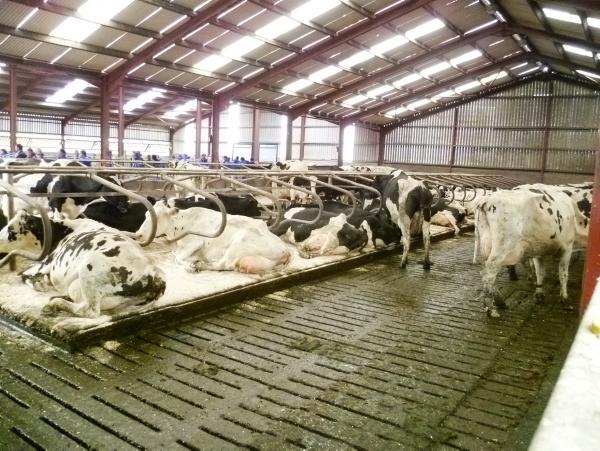
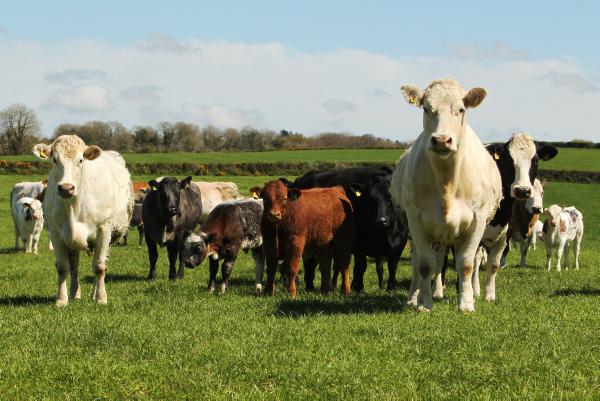

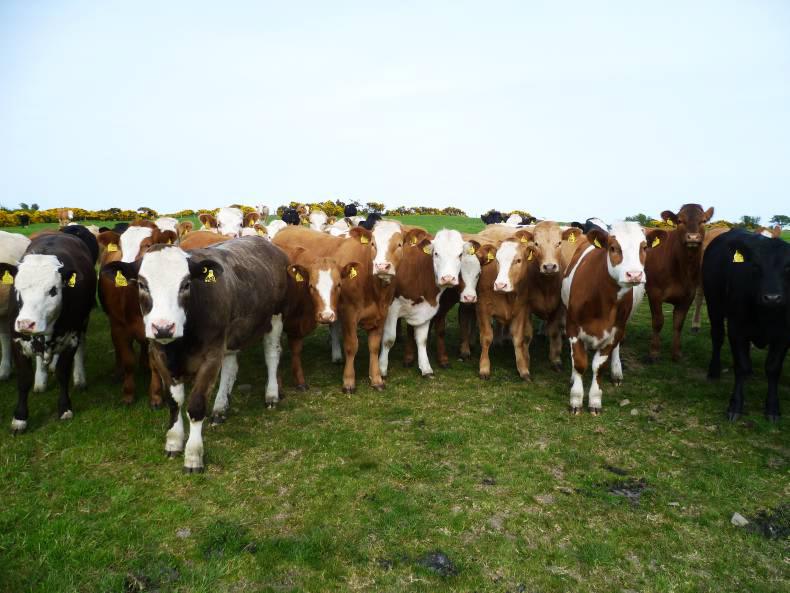
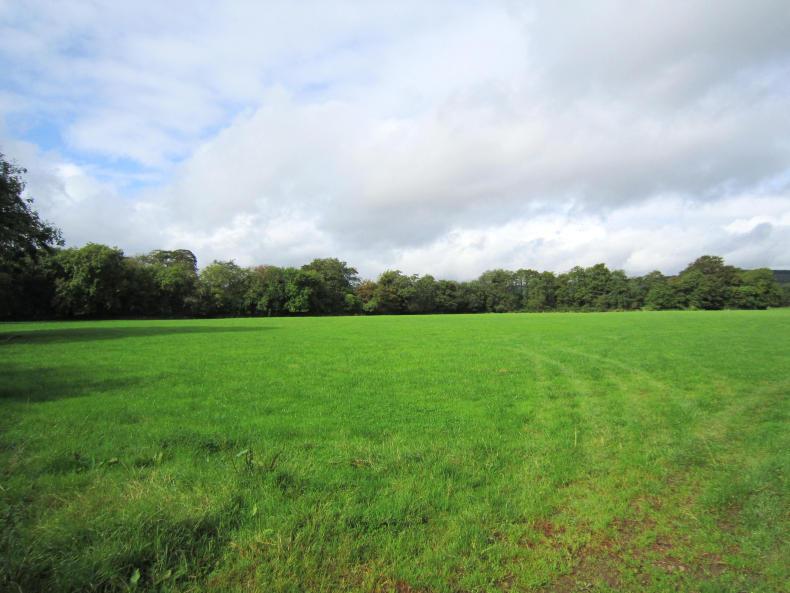
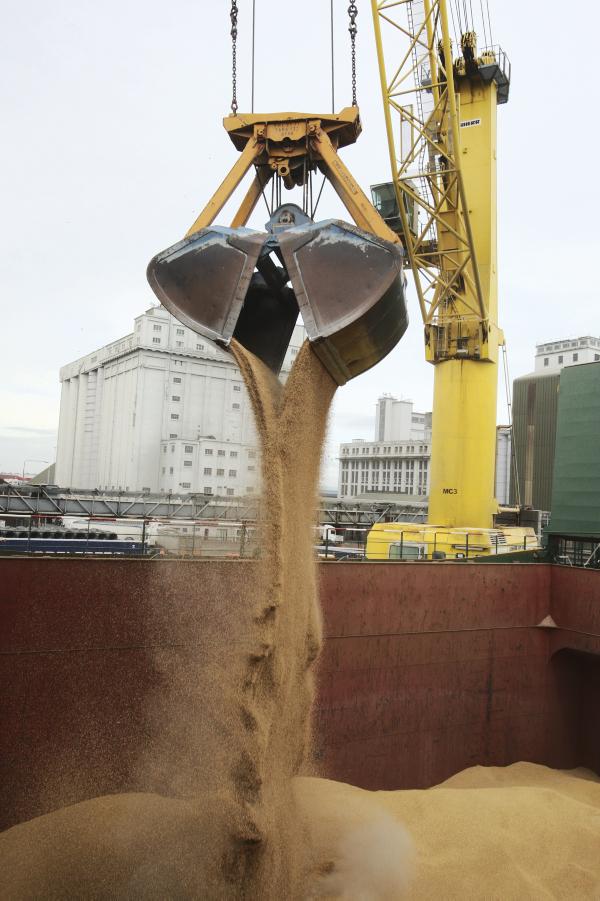
SHARING OPTIONS